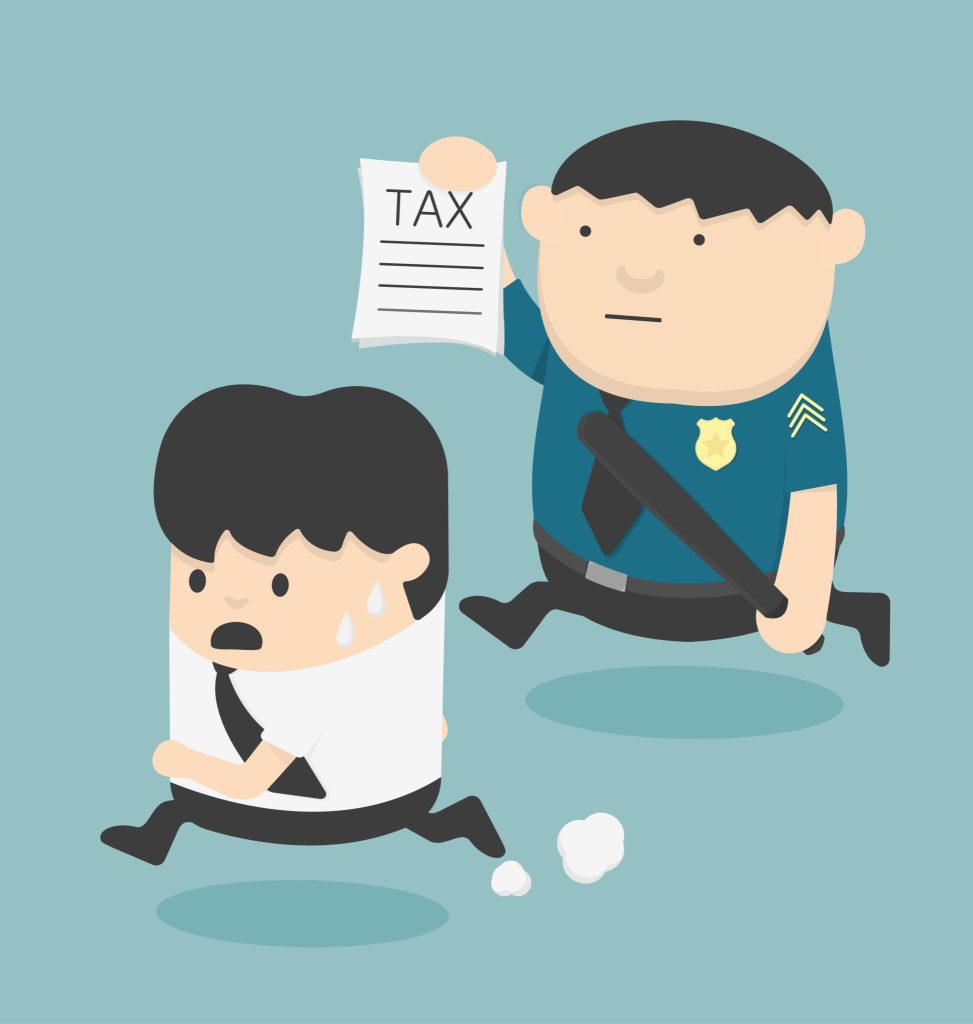It’s an uncomfortable (and inconvenient) truth…more people than you’d be tempted to think fail to file their taxes by the April “Tax Day” deadline. If you’re one of them, you may be sweating—or cursing—a little, especially when you keep hearing people talk about everything they’re going to do with the awesome refund they are getting. Well, what’s done is done, so it’s time to pack up the pity party, roll up your sleeves and take action to prevent your failure to file your taxes from having seriously dire consequences for your future prosperity.
Unfiled taxes: Act now for best results.
If the reason that you failed to file was a less than proactive approach to getting your tax documentation together, now is the time to do a 180 and kick it into high gear. If you act right now—as in right after you finish reading this article—you can mitigate your tax troubles significantly. If you continue to put off filing and paying any taxes owed, you’ll continue to rack up penalties and fines for not paying or filing. Plus, if you are entitled to a return you won’t get that, either. So, in the immortal words of the Nike slogan, “Just do it!”
Still procrastinating? Prepare to pay the piper.
Whatever your reason for not filing your tax return, understand that the IRS will punish you for pushing past their deadline. How severe the penalties are depends on your specific situation, but in general:
- The Failure to File Penalty. Simply put, the longer you wait to file, the larger this penalty will be. The failure-to-file penalty is 5% per month or partial month, up to a maximum of 25% of what is owed. If you file later than 60 days after the April 18 deadline, the minimum penalty rises to the smaller of $135 or 100% of the unpaid tax. This penalty is on top of any other interest charges or late-payment penalties that you are assessed.
- The Failure to Pay Penalty. Yes, this is the cash-grabbing cousin of the failure to file penalty we highlighted above. From the gospel of irs.gov: “If you do not pay your taxes by the tax deadline, you normally will face a failure-to-pay penalty of ½ of 1 percent of your unpaid taxes. That penalty applies for each month or part of a month after the due date and starts accruing the day after the tax-filing due date.” Ouch. Remember, it is better to pay something toward your tax bill (and reduce the compounding factor of this penalty) than pay nothing at all.
- The value of any tax refund. If the IRS owes you a refund, you may think it’s not a big deal if you’re a little late in filing your taxes. While it’s true that you will not be charged the failure-to-file penalty if the IRS owes you money, you also won’t get your hard-earned tax dollars back until you do file. For the truly unmotivated: if you wait longer than three years to file past the deadline, you’ll lose your refund altogether.
- Loss of the Earned Income Tax Credit (EITC). If your long-term tax plan was to claim the Earned Income Tax Credit, you must file within three years of the original due date in order to claim the EITC. So if you want it, get your taxes filed sooner rather than later.
- Loss of your international travel privileges. As noted in our previous post, under recent changes brought in under the “Fix America’s Surface Transportation Act”, or FAST Act, if the IRS certifies you as a “seriously delinquent” taxpayer they are required to notify the Secretary of State office, which may, in turn, deny you the ability to get or even keep your passport. While this penalty applies to people who owe more than $50,000 in federal taxes, have had a federal tax lien filed against them or who have received a final notice of intent to levy and let the period to file an appeal on the notice pass them by—it shows how seriously the IRS takes failure to file taxes. So don’t be one of them longer than necessary!
Can’t pay your taxes? That’s no excuse not to file.
A common reason delinquent filers cite for not filing taxes is an inability to pay their tax bill. If you are in this situation it is especially important that you file your taxes ASAP. As you can see from the penalties noted above, not filing and not paying your taxes will only increase your total tax bill. Don’t make a bad situation worse. File your taxes now avoid the failure to file penalty and consider enlisting help from a tax professional to look at options for working with the IRS to resolve your tax obligations.
Get off the delinquent tax filer list today!
At this point, it really doesn’t matter why you didn’t file your taxes. What does matter is getting them filed and working to mitigate any further negative financial impact from failing to file and failing to pay taxes. Now is the time to reduce your tax penalties and get off the delinquent tax filer list. Need help? Contact us!


